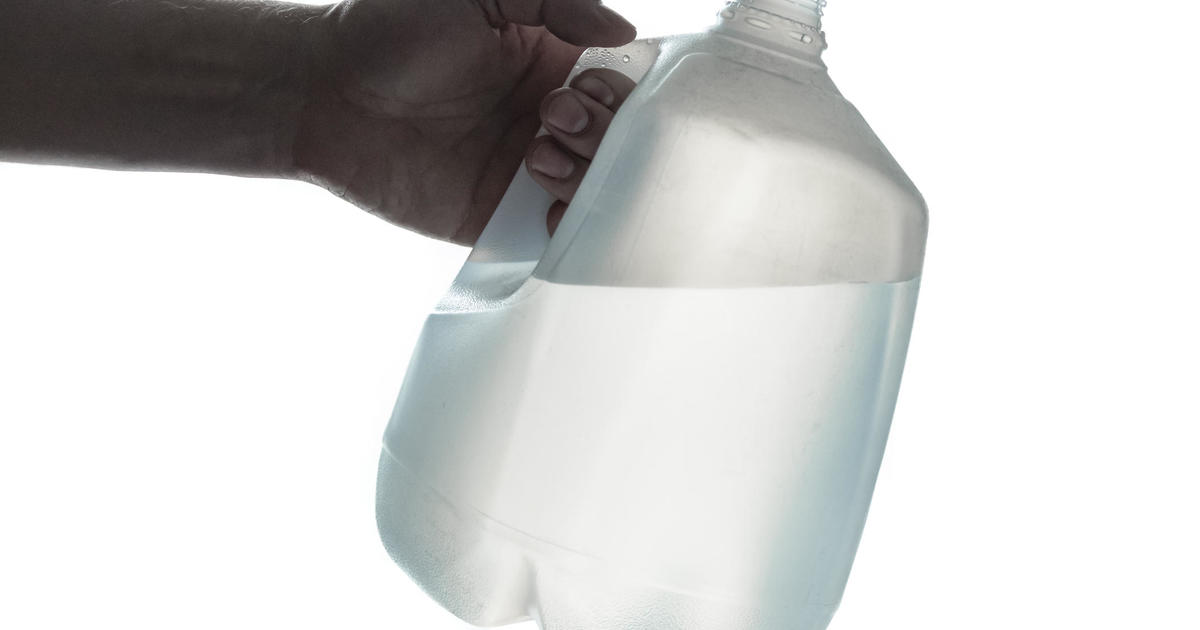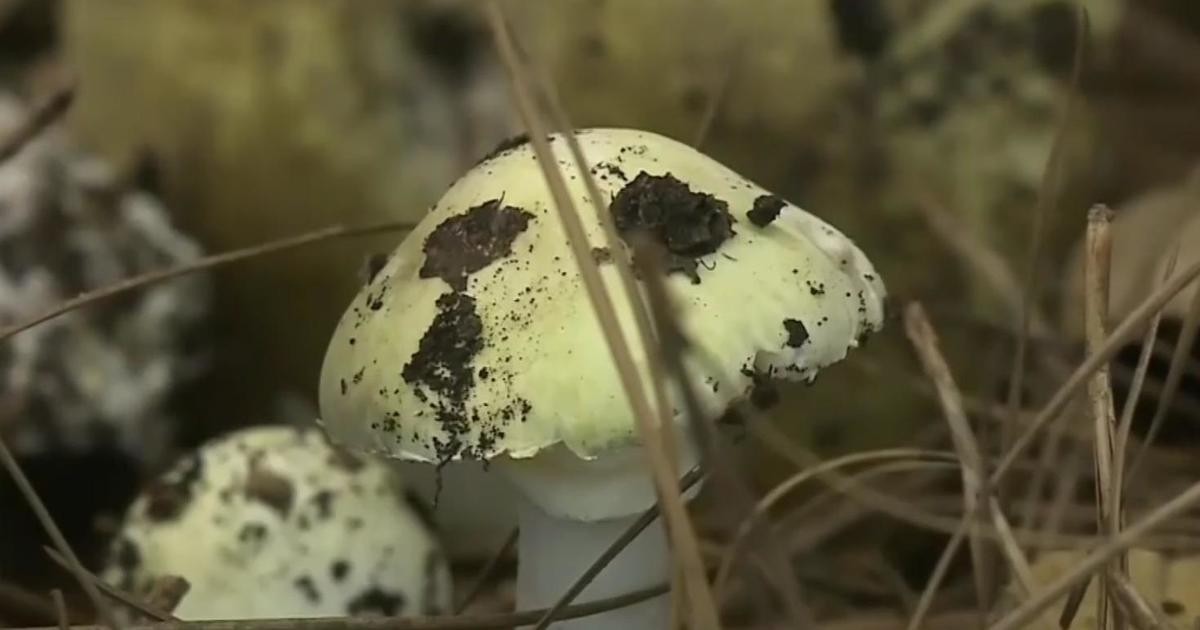Most applesauce lead poisonings were in toddlers, FDA says
Most reported patients in the growing applesauce lead poisoning probe are young children, a Food and Drug Administration spokesperson confirmed, as authorities continue to field reports from parents and doctors following last month's recall.
A sample of the cinnamon applesauce collected from Dollar Tree had tested for lead levels more than 200 times larger than what the agency considers safe for babies and young children, the agency said Friday.
At least 34 cases have been reported to the agency across 22 states, after consuming the now-recalled pouches which had been sold nationwide.
Information collected from consumer complaints and reports submitted to the FDA show "most patients fall between 1-4 years of age," the spokesperson said in a statement.
One family told the agency that they had searched for months to try to root out the culprit of high blood lead levels in their son, which had climbed to as high as 22.5 micrograms per deciliter – far beyond the threshold the Centers for Disease Control and Prevention urges consulting poison control or pediatric specialists.
"My son ate Apple Cinnamon WanaBana fruit puree pouches as a regular part of his diet (4-6 pouches a day) from May 2023 through August 2023," they wrote, according to redacted reports released by the agency in response to a freedom of information request.
Efforts made by the family to find lead exposure in their home or at their son's daycare turned up no likely sources of the poisoning. After cutting the applesauce pouches from their son's diet, his blood lead levels begin to fall.
"His levels are trending down, but we are extremely concerned about future developmental delays and behavioral issues resulting from this exposure," the family said, adding that their son was now in treatment for the monthslong lead poisoning.
Exposure to lead can damage the brain and nervous system of young children, the Environmental Protection Agency says, resulting in behavior and learning problems in kids who were exposed to even low levels of lead.
"Most children have no obvious immediate symptoms of lead exposure. If there's suspicion that a child may have been exposed to lead, parents should talk to their child's healthcare provider about getting a blood test," the FDA spokesperson said.
The CDC previously warned testing labs to prepare for a potential surge in testing requests for lead poisoning, as news of the recall has spread.
Reports to the FDA also detail frustration with the retailers that had sold the applesauce pouches.
WanaBana's recall of its Apple Cinnamon Fruit Puree Pouches was dated Oct. 30. A week later, a family complained the pouches were still being sold to parents by Dollar Tree.
"When I told the manager, they removed them from shelves but said there had been no message from corporate," the report said.
A spokesperson for Dollar Tree said the company urged customers with recalled pouches to stop eating the applesauce and return them to store they purchased it for a refund.
"Dollar Tree removed WanaBana Apple Cinnamon Fruit Purée pouches from store shelves and locked its registers to prevent sale due to a voluntary recall initiated by WanaBana USA. We are committed to the safety and integrity of the products we sell," the spokesperson said in a statement.
Pouches have also been recalled by WanaBana that were sold under the brands of grocery retailers Weis and Schnucks.
Officials say contaminated cinnamon used by Wanabana is their leading suspect for the lead poisonings.
As a precaution, the FDA has begun screening imports of cinnamon from several countries for potential lead contamination.
An FDA spokesperson declined to clarify which countries would be targeted by their heightened scrutiny, saying the agency "generally does not pre-announce investigatory actions."
"The FDA encourages manufacturers that import cinnamon and products that contain cinnamon to implement necessary preventive controls to ensure their products do not contain elevated levels of lead," the FDA spokesperson said.





